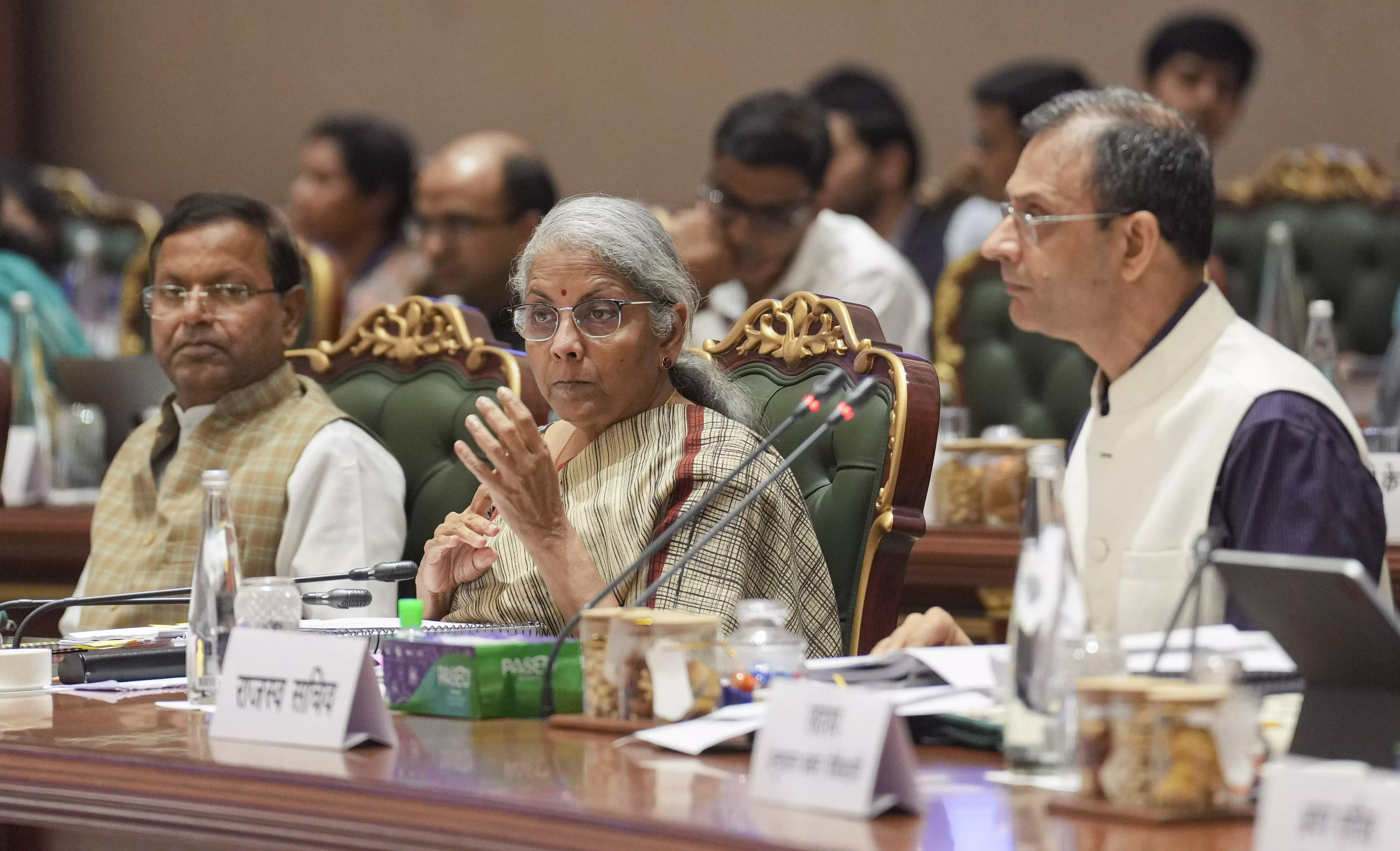DC Edit | GST breather for easier biz?

The recent Goods and Services Tax (GST) Council meeting was focussed on improving the ease of doing business in the country by reducing the compliance burden of businesses. One of the important decisions taken by the Council was on monetary limits imposed on the revenue departments for filing appeals against adverse decisions.
According to the new limits, the department cannot appeal an adverse tax decision at the GST Appellate Tribunal unless tax involved is more than Rs 20 lakhs, at the high court Rs 1 crore, and at the Supreme Court Rs 2 crores.
One of the issues that causes harm to India’s ease of doing business is prolonged litigation in the country. With this decision, the Council has taken a decision which is in the right direction.
Similarly, the Council’s decision to waive interest and penalties for demand notices under Section 73 for FY 2017-18, 2018-19, 2019-20 if full tax is paid by March 31, 2025, will improve tax compliance and reduce pending cases. This decision will also improve tax collections. Similarly, no interest will be levied on delayed return filing if the amount is available in the electronic cash ledger on the due date.
The Council’s plans to establish a uniform time limit for issuing demand notices and orders, regardless of whether fraud, suppression, or wilful misstatement will bring certainty to the businesses in terms of compliance.
With scams involving input tax credit increasing in the country, the Council has set a deadline for claiming ITC on invoices/debit notes for FY 2017-18 to 2020-21 as November 30, 2021.
The implementation of biometric-based Aadhaar authentication for GST registration applicants will introduce a robust registration process which will curb fraudulent input tax credit claims via fake invoices. While these steps ease tax compliance, the GST regime is still a work in progress until it is made less complicated with fewer tax slabs.

